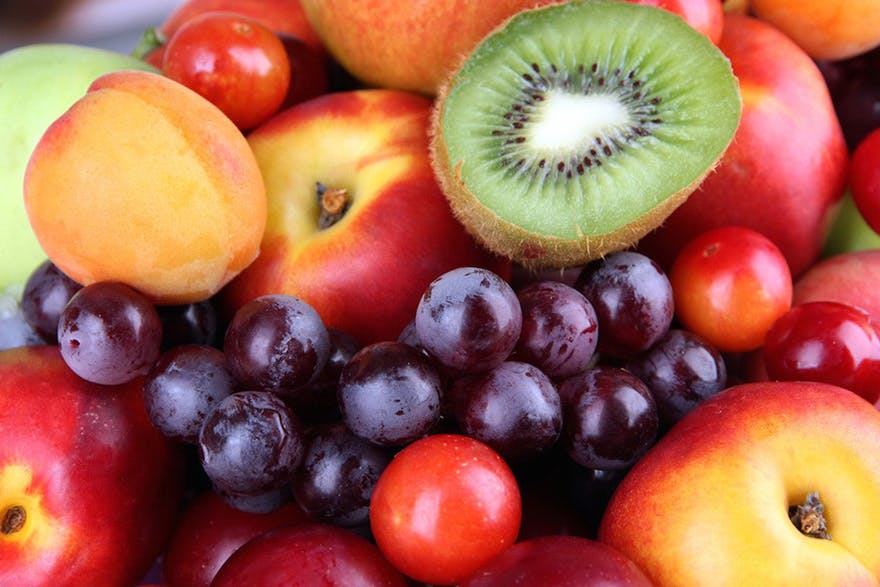How Can Multivitamins Benefit You?
VITAMINS & MINERALS
05.30.2014

Whilst a 'balanced' diet will supply all the necessary nutrients we need, our busy lifestyles can mean that people do not receive all the nutrients required in the right quantities every day to maintain good health. Nutritionists from the Health Promotion Board1 recommend eating at least two servings of fruit and two servings of vegetables daily. This is often difficult to achieve.
There are many groups of people who may benefit from additional vitamins:
- Infants and children
- Adolescents
- The elderly
- Women of child-bearing age
- Those individuals with limited exposure to sunlight, as they may be at risk from a lack of vitamin D
- Individuals who are following a slimming diet
- Food faddists
- People with busy lifestyles who find it difficult to eat a balanced diet every day
- Athletes in training
For pregnant or breastfeeding women, please consult your healthcare professionals before consuming any supplements.
How Multivitamins can benefit you
Multivitamin and other mineral supplements can act as “insurance” against the risks of chronic diseases. For people who desire to be healthy but are unable to have a daily well-balanced diet, daily intake of multivitamin can both fill in the nutritional gaps as well as enhance the current intake of nutrients. The table below states which vitamins and minerals can benefit certain conditions:
| Benefit | |
|---|---|
| Vitamin E | Antioxidant. Boosts the immune system. Helps form normal red blood cells, muscle and tissue. |
| Vitamin B6 | Helps maintain the immune system. Together with Folic Acid and B12, this may help to promote good heart health. |
| Vitamin D | Assists in the absorption of calcium to maintain healthy bones and teeth. Also helps to increase muscle strength, reducing the risks of falling, especially for the elderly. |
| Folic Acid | Promotes good heart health. |
| Selenium | An antioxidant that helps prevent free radical damage. |
| Vitamin A | Antioxidant. Improve vision. Promotes strong gums, teeth, bones and hair. |
| Beta-Carotene | Converted by the body to Vitamin A. Acts as an antioxidant. |
| Vitamin C | Helps in the growth and repair of tissues in skin, ligaments and bone. |
| Calcium | Helps build and maintain strong bones and teeth. |
| Iron | Important for wound healing. Strengthens immune system. |
| Magnesium | Regulates heartbeat. Strengthens joints and connective tissues. |
| Iodine | Helps in regulating the body’s metabolism rate. |
| Chromium | Assists the body in metabolism of sugar. |
1 Health Promotion Board (http://hpb.gov.sg/healthtips.aspx)
Image Credits: Africa Studio/Shutterstock.com
Recommended Articles
The 5 Best Foods That Will Help Supercharge Your Brain
Amidst our busy schedule, it's important to retain our focus and memory. Resting alone is not...
Iron deficiency is a lot more common than you would think. A recent survey by SATA CommHealth(i...
Mars vs Venus: Understanding the His and Hers of Nutritional Needs
Mars vs Venus: Understanding the His and Hers of Nutritional Gaps Although their DNAs are...






